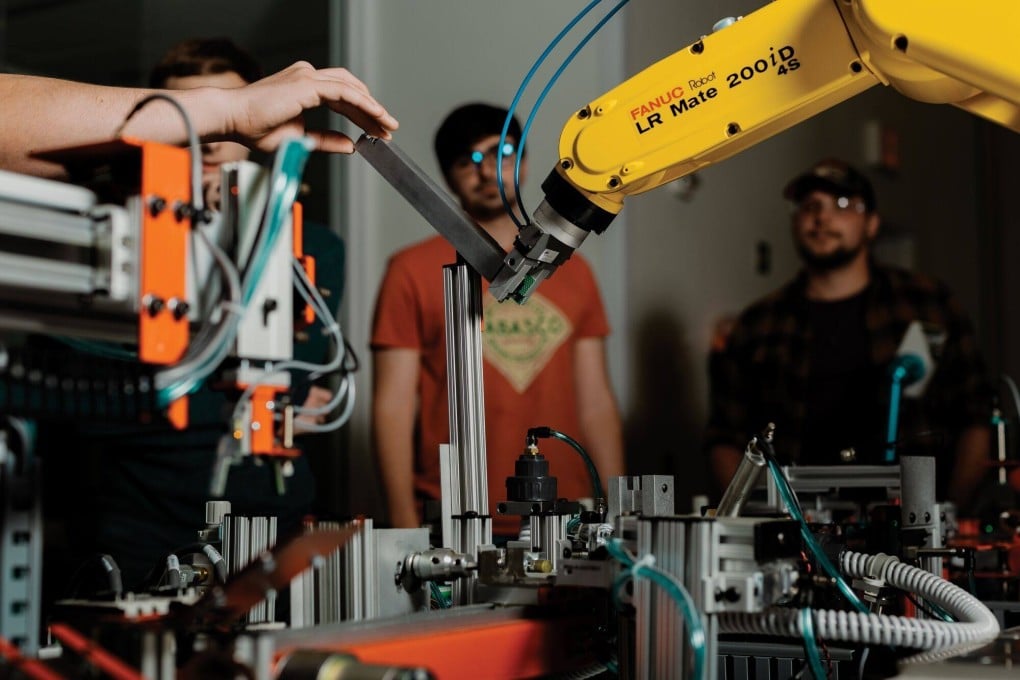The View | Technology is not enough to ensure the productivity that matters
- Scientific and technological innovation might be necessary for the productivity growth that enriches societies, but it is not sufficient
- Without the right kind of complementary policies, technological progress might not lead to sustainably rising living standards and could even set a country back

Our intuition about how innovation promotes productivity is shaped by everyday experience in business. Firms that adopt new technologies tend to become more productive, allowing them to outcompete technological laggards.
Worse, the conventional narrative might have become even less true with the most recent wave of technological advances. New technologies can fail to lift all boats because their benefits can be overwhelmingly captured by a small group of players, be it a few firms or narrow segments of the workforce.
One culprit is inappropriate institutions and regulations, which skew bargaining power in the economy or restrict entry by outsiders to modern sectors. Another is the nature of technology itself: innovation often empowers only specific groups, such as highly skilled workers and professionals.

